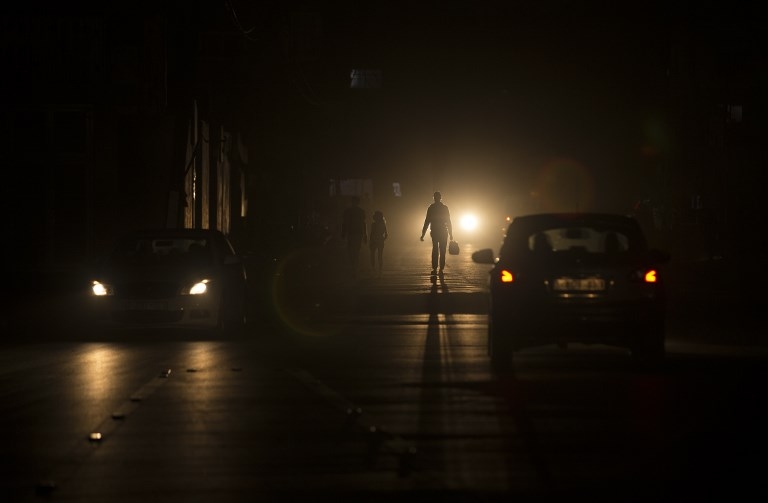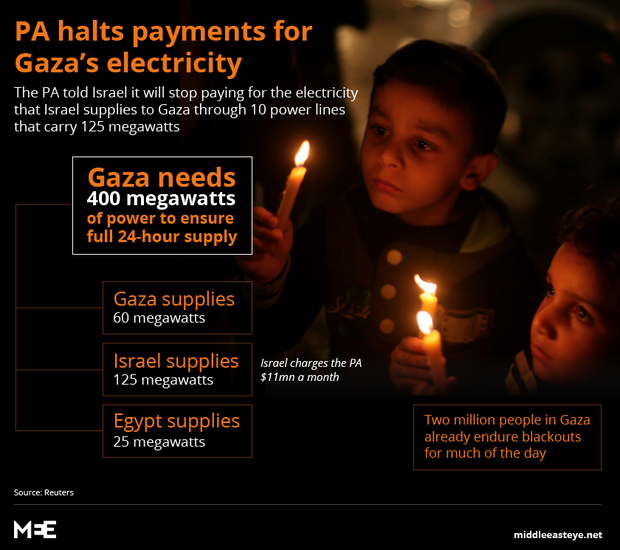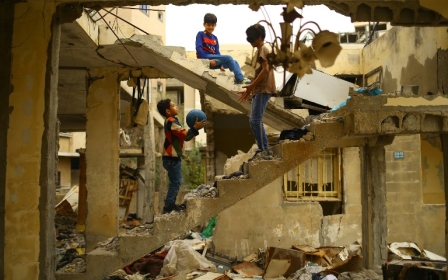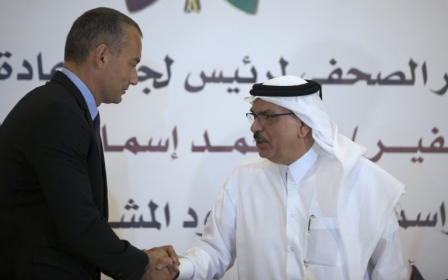Darkness in Gaza as last power plant shuts down

Gaza was left in darkness after the Palestinian enclave’s last power plant shut down on Wednesday because of fuel shortages, Haaretz reported.
The coastal enclave, which has been under Israeli blockade since 2006 when Hamas won the Palestinian parliamentary elections and took over the strip, is home to 2 million people. It is one of the most densely-populated regions in the world.
The West Bank-based Palestinian Authority, led by President Mahmoud Abbas, cut energy funding for Gaza in April, in what Hamas spokesman Sami Abu Zuhri called "a grave escalation and an act of madness".
"The Palestinian Authority has informed it will immediately stop paying for the electricity that Israel supplies to Gaza through 10 power lines that carry 125 megawatts, or some 30 percent of Gaza's electrical needs," said a 27 April statement from COGAT, Israel's military liaison agency with the PA.
The strip may already be "unlivable," a United Nations official warned on Tuesday.Robert Piper, the UN's top humanitarian official in the Palestinian territories, told AFP in an interview to mark the launch of a report on living conditions in Gaza that all indicators "are going in the wrong direction".
"We predicted some years ago that Gaza would fast become unlivable on a host of indicators and that deadline is actually approaching even faster than we predicted - from health access, to energy to water," he said.
A 2012 UN report predicted the Palestinian enclave would be "unlivable" by 2020 if nothing was done to ease the blockade.
Piper said Gaza's power supply was down to as little as two hours a day, medical care had been slashed and youth unemployment was over 60 percent.
"For most of us that unlivability point has already been passed," he said. "And yet somehow the Gazans soldier on."
New MEE newsletter: Jerusalem Dispatch
Sign up to get the latest insights and analysis on Israel-Palestine, alongside Turkey Unpacked and other MEE newsletters
Middle East Eye delivers independent and unrivalled coverage and analysis of the Middle East, North Africa and beyond. To learn more about republishing this content and the associated fees, please fill out this form. More about MEE can be found here.





